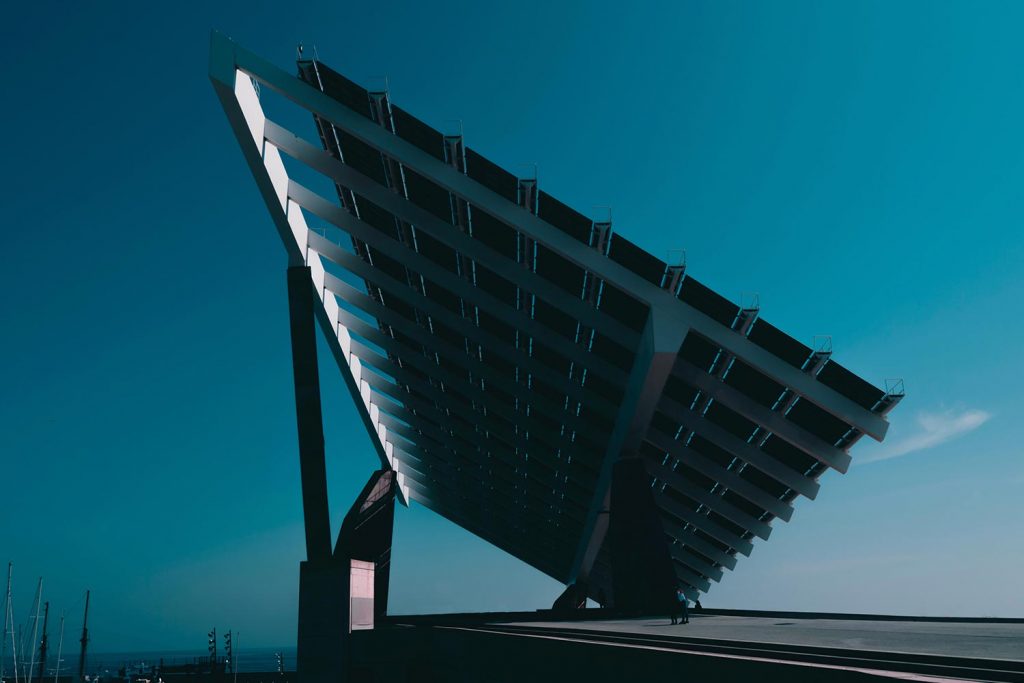It seems logical to think that on rainy days there is a risk that our photovoltaic panel installation will not work at its maximum performance, but this is nothing more than a myth. The belief that solar panels stop capturing the sun's rays on cloudy days is false.
It is true that energy production is reduced because there is no direct radiation, but solar panels still capture the diffuse radiation that passes through clouds and fog. Therefore, even if the same amount of radiation is not captured, the process of collecting solar energy does not stop.
Even if the day is cloudy or even rainy, we still receive radiation from the sun. That's why we can see perfectly, and it doesn't feel like night every time the sky gets cloudy. This means that even if the sun is not shining directly on the solar panels, they are still able to capture the solar radiation that filters through the clouds.
In this article we explain what happens when the weather conditions are not optimal and what this entails.
What effect does rain have on solar panels?
The short answer: it has a minimal effect. Solar panels are designed to last for years and years outdoors, so they are built to withstand harsh weather conditions including rain, wind and even hail. The solar panels have a strong frame that does not allow hail to penetrate it and cause any damage. So, they are ready to withstand the elements without any need to worry.
As for rain, it is even more benign than hail. At most it will help to clear our solar panels of possible dust accumulations and make them work better and keep them cleaner.
So, we don't have to worry when the weather is bad. Our solar panels are still producing energy and are not at risk even if the weather is not in our favour.
Why are my solar panels not capturing solar energy?
It is possible that there are other factors that make it difficult for our solar panels to capture energy, such as the shadows of trees that have grown or tall buildings near our home.
This is unlikely to happen because before installation we will carry out a study of your area to determine where we should install the solar panels so that they have the best possible performance.
Conclusion
It is true that when it is raining or cloudy, solar panels generate less energy than on a completely sunny day. Even so, the yield is still more than enough to create energy and therefore the production of electricity does not stop.
In addition, our photovoltaic panel installation is safe in all weather conditions, because it is designed for that and made of the best materials.
However, if for any reason something should happen to your installation, you can always contact us, and we will help you to get everything back to normal operation as quickly as possible.


